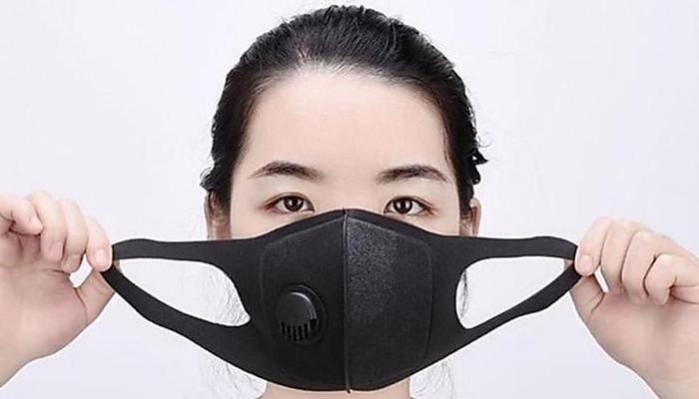Scientists from Singapore's Nanyang Technological University (NTU) have developed a reusable "nanotech mask" that can block 99.9 per cent of bacteria, viruses and particulate matter (PM), as well as kill germs in just 45 seconds, much effective against Covid-19 than the currently used N95 masks.
The mask's novel antimicrobial coating is effective for at least six days and its filtration efficiency surpasses those of N95 masks with 95 per cent filtration of PM0.3.
The new masks can also be washed and reused over 10 times, making it more sustainable than conventional disposable masks, but just as easy to breathe in.

The nanotech mask is made with two key components: an antimicrobial coating made from copper nanoparticles and coated on a non-woven fabric mask which has a unique static-electricity property that draws and traps all nanoparticles and germs.
Both are the two most desired properties needed to fight Covid-19, into a single filter, said Professor Lam Yeng Ming, Chair of NTU's School of Materials Science and Engineering.
"In experiments, our copper nanoparticle coating has an extremely fast and sustained antibacterial activity, with a killing efficiency of up to 99.9 per cent when it meets multidrug resistant bacteria. This coating will help to reduce the spread of bacteria as it kills microbes in droplets trapped by the mask fibres, which provide excellent filtration efficiency. This should give users a double layer of protection compared to conventional surgical masks," Lam said
In experiments, the mask was able to attract and trap a broad range of particulate matter: from PM10 (average particle size of 10 microns) to PM0.3 (0.3 microns - about 0.3 per cent or the diameter of a human hair) with a filtration efficiency of 99.9 per cent.
The nanoparticles are also bonded to the fibres within the mask, so there is no contact with human skin when the mask is worn.
"With our new composite filter, we can achieve up to 99.9 per cent BFE (Bacterial Filtration Efficiency), trapping almost all microbes and particulate matter from smoke or haze. Its filtration efficiency surpasses an N95 mask but allows the wearer to breathe much easier," said Liu Zheng, Associate Professor at the varsity.








